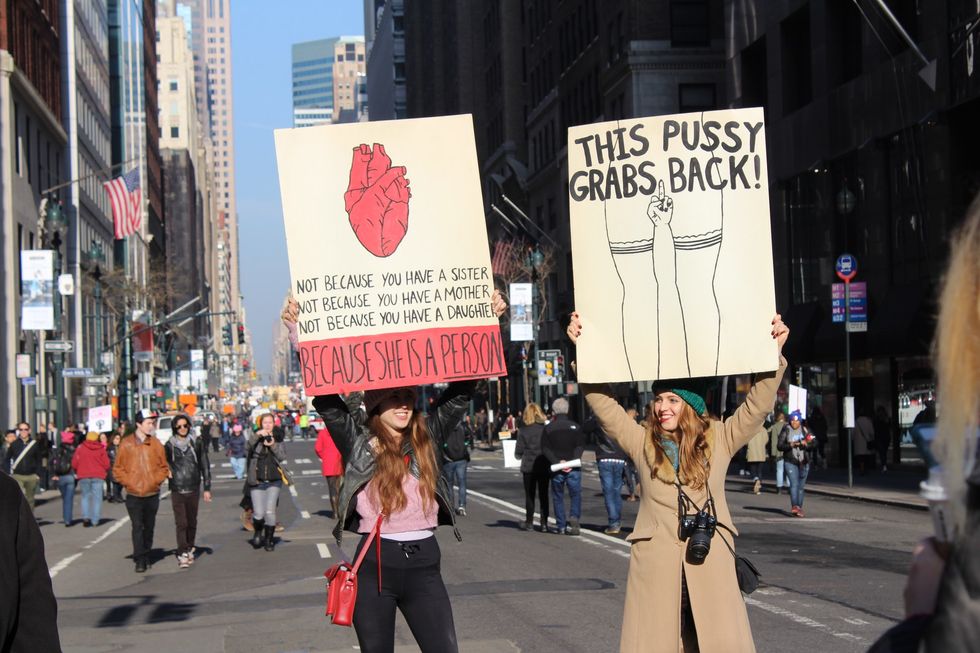What is Sexual Assault Awareness Month?
This month is all about bringing awareness to sexual assault and educating individuals on how we can prevent sexual violence in our communities. The tradition of designating April as Sexual Assault Awareness Month began as early as the 1980s. Presidential Proclamations of Sexual Awareness Month began under the Obama Administration in 2010 and continues into the Trump Administration. I will not begin to point out the irony in President Trump’s proclamation. However, his proclamation and position do reflect a grave error in our society.
We still blame, ridicule, and shame our victims.
It’s no wonder victims stay silent. Even when they speak up, their assaulter can still get away with the crimes they committed. Their abusers can still maintain positions of power while they walk around baring a scarlet letter on their chest. We see this a lot on college campuses. When students speak out about being assaulted by student-athletes, oftentimes the victim faces repercussions instead. The victim is suspended, ignored by faculty, and shamed by their peers. While the perpetrator continues playing on his team, accepted by his peers, on a full scholarship.
We also see this a lot in male victims. Some people really believe that men cannot be sexually assaulted. This is a reflection of the toxic hypermasculinity present in our society. Men have to be strong. It is not possible for them to be raped. This too is a part of our victim-blaming culture.
Besides the obvious reasons that it is wrong to blame someone for having their body violated, victim-blaming makes it difficult for people to speak up about their assaults. It is a factor in the major underreporting of sex crimes. This makes it possible for abusers to roam free and attack others. Furthermore, victim-blaming also creates an informal culture of fear and shame. Victims are afraid of losing their jobs, careers, family, friends, and livelihoods.
We do not blame robbery victims, so why do we victim-blame sexual assault victims?
Victim-blaming is not just apart of rape culture, it is part of the larger culture of American society. For example, when we see a homeless or poor person, some people in society have a tendency to blame the individual for their circumstances. They do not acknowledge the societal forces that made the poor person poor, like lack of education, welfare, or social services.
It is always surprising when a woman blames a female victim for being assaulted. We expect other women to have a sense of solidarity and bring their female peers up, not down. However, women have a tendency to blame the victim because they need to justify what happened to make themselves feel safe.
Other people would like to think it could never happen to them, so they blame the victim, instead of the assaulter. They blame the women's sexual promiscuity, clothes, attitude, and any excuse they can find just to secure themselves. Well, it is time we stopped blaming the victims of sexual assault and instead support them and listen to them. It is time we blame who is really at fault: the abusers.

















